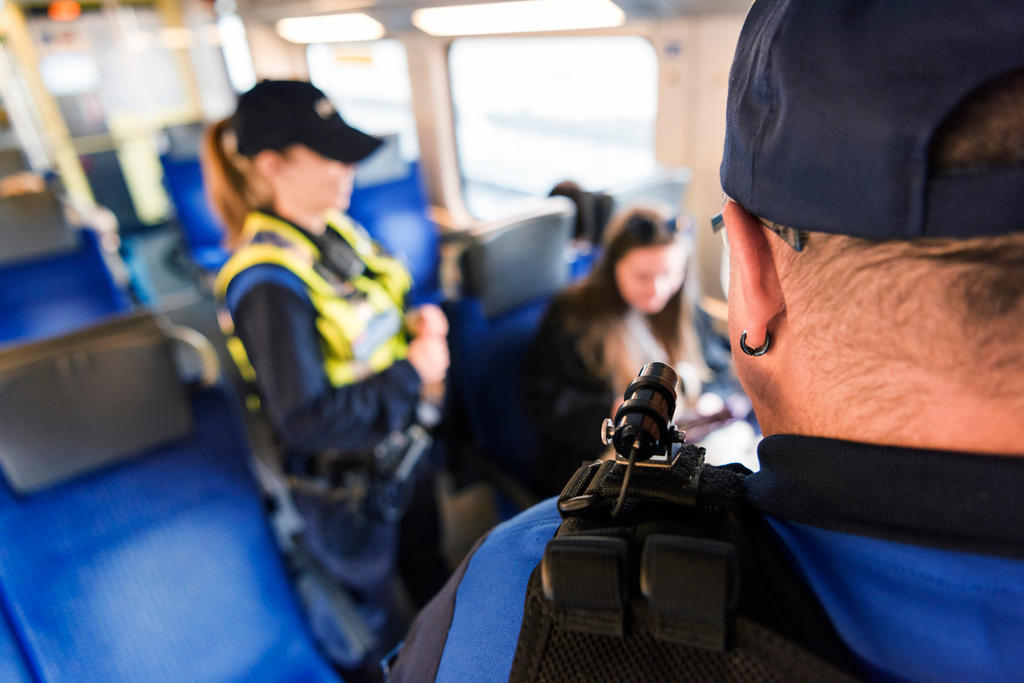
Use of dash cam footage to be decided by Swiss court

The data protection commissioner has warned against the use of dashboard cameras to convict dangerous drivers.
Adrian Lobsiger said private videos violated data protection and privacy regulations as there is no need for citizens to observe others and act as “deputy sheriffs”. He added that traffic surveillance was a task for the police.
The commissioner said as a rule such recordings should not be allowed as evidence in court. However, he acknowledged that the use of dashcam video material can be useful in cases of serious offences.
His opinion is opposed by legal experts.
A Zurich state prosecutor told SRF public television that such recordings can contain crucial evidence to prove the seriousness of a traffic offence.
There are no clear rules on the use of dash cams on Swiss roads, but observers say the increasing activity of private individuals has repeatedly caused controversies.
Later this year, the Supreme Court is due to rule in a case of dangerous driving on a motorway.
The use of body cameras has been tested by police in the city of Zurich and railway security personnel.

More
Body cam scheme started on Swiss trains

In compliance with the JTI standards
More: SWI swissinfo.ch certified by the Journalism Trust Initiative





























You can find an overview of ongoing debates with our journalists here . Please join us!
If you want to start a conversation about a topic raised in this article or want to report factual errors, email us at english@swissinfo.ch.